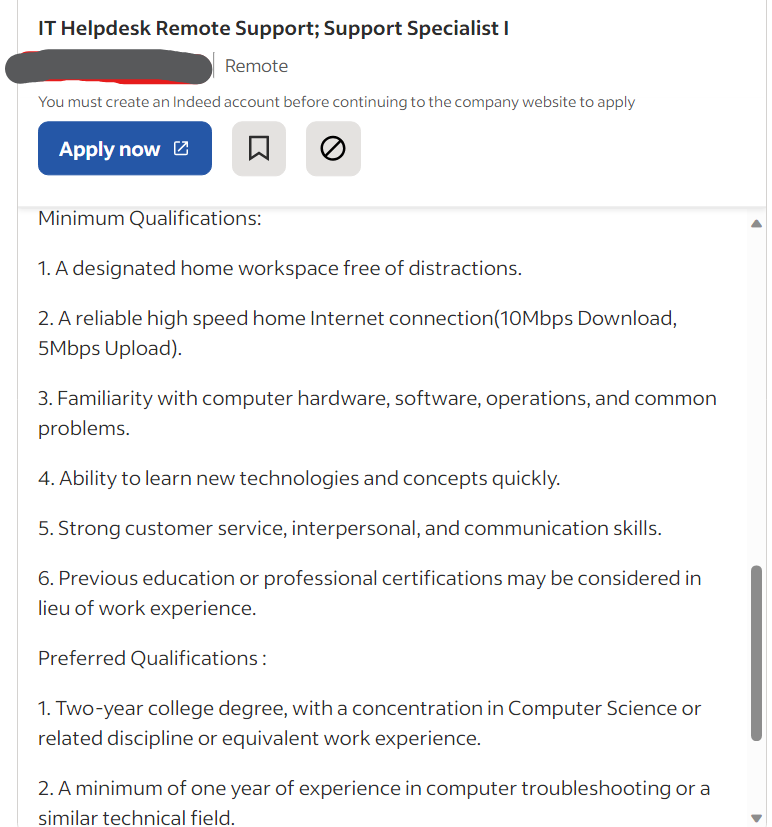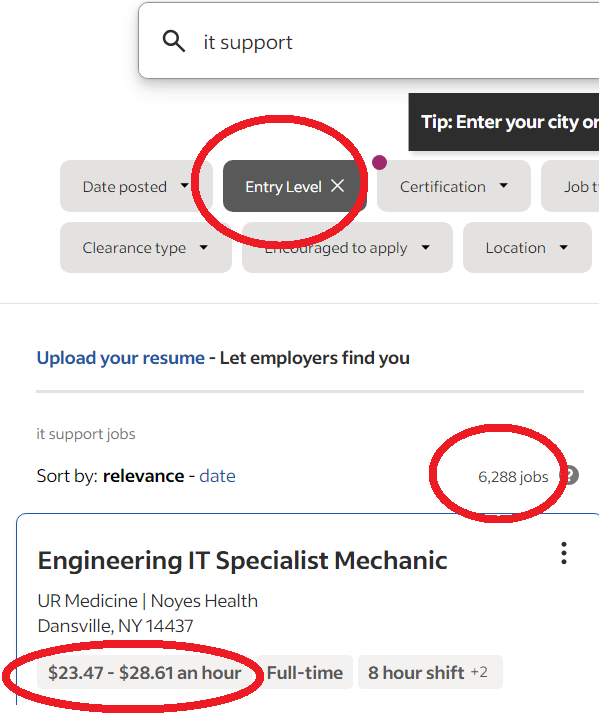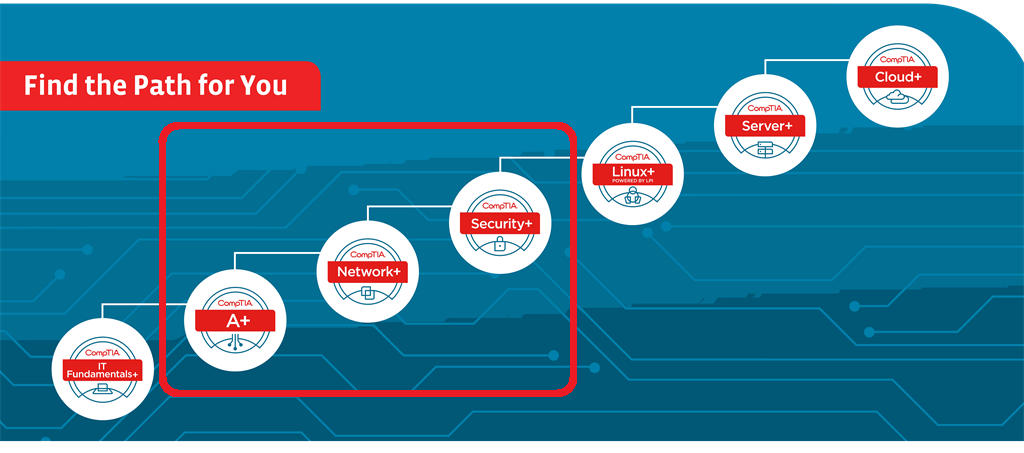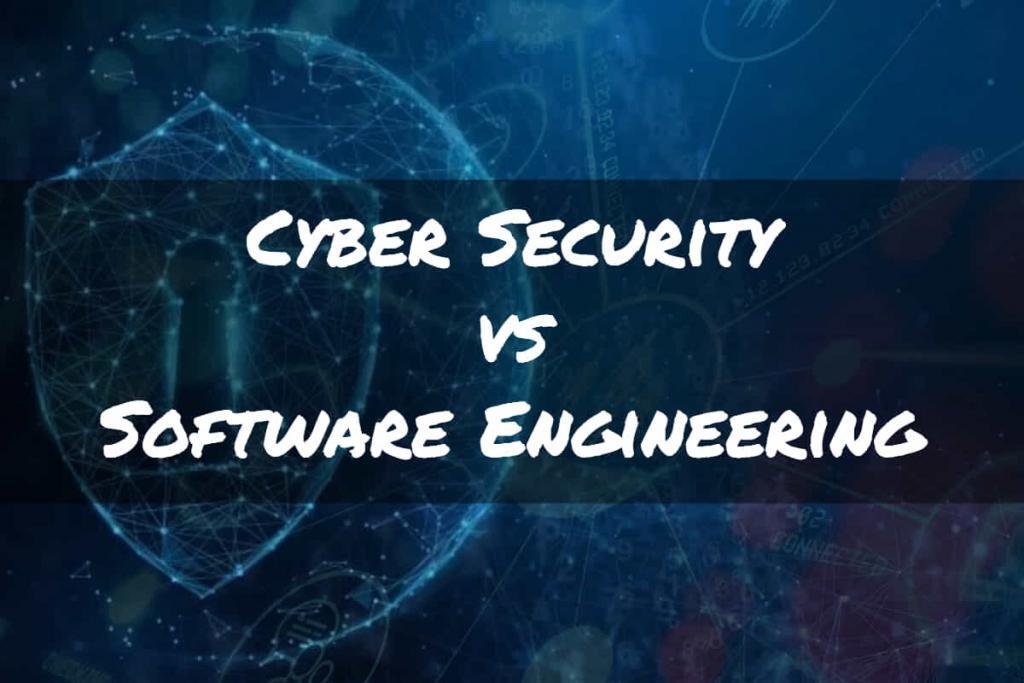Have you ever thought, “how do I get a job in cyber security?”
There are several ways to break into cybersecurity.
And by now, you know that getting your first job in cybersecurity is really hard.
But did you know the easiest way to get a cyber security job with no experience isn’t by getting a degree?
The easiest way is…
Start by getting a job in IT support. Yes, I said IT SUPPORT!
And why?
Think about it…how are you going to secure systems if you don’t even know how they work?
That’s why “hands-on experience” is the best way to start your cybersecurity career!
But I know you’re thinking, how do I get into cyber security if I have no experience?
I didn’t say you needed experience in cybersecurity…not at al!
In a survey of 300+ IT and security professionals, 29% of them said you should gain that experience through an apprenticeship, internship, or mentorship.

But what if I can’t find a cybersecurity apprenticeship, internship, or mentorship?
Here’s a helpful blog on how to get a cybersecurity internship.
Do anything you can to get IT experience…and you don’t need college for that!
And if you think you can’t get an IT support role…think again!
The best thing about IT Support is that Tier-1 jobs require almost no experience!
Look at this random job I found…

SEE WHAT I MEAN! Even a middle-school kid could qualify for this role.
And don’t worry about the pay either…cause it’s not bad!
Look around, and you’ll find so many IT Support roles that offer at least $20/hour or more.
That means you could easily earn $40,000 to $50,000 without any prior experience and without a degree.
But if you really want a cybersecurity degree, first figure out if it’s worth it.
There’s probably not enough IT support roles left…guess again!
There are so many Tier-1 “IT support” or “IT help desk roles” available, it’s insane.
I just looked for entry-level IT support and found thousands of jobs!

And what did I tell you about the pay!? It’s decent!
What else can you do to get into cybersecurity with no experience?
The second recommendation I’ll give you is to get certified.
Adding a certification to cybersecurity portfolio opens a world of opportunities! Need help creating a cybersecurity portfolio?
Having a certification is also a highly recommended way to get into cybersecurity.

Now, even though it says to get a cyber certification, you’re much better off getting your CompTIA A+ certification first.
Why do I say this?
That’s because if you don’t have an IT background, studying for the A+ certification will force you to understand the underlying IT concepts.
But don’t let that fool you. The A+ really does set the foundation for all of your other security certifications.
Then, after you’ve passed the A+ certification, make your next move towards the CompTIA Network+ certification.
The Network+ covers…you guessed it…networking concepts.

After that, the CompTIA Security+ is the final certification in this “trifecta” and is an absolute must if you’re trying to break into security.
Any certifications after that are all gravy!
Now, if you want to fast track your certifications, consider taking an authorized cybersecurity bootcamp. They work at a faster pace, if that’s your thing.
Here’s my final recommendation on how to get into computer security!
Network, network, and network some more!

I would almost say this is even more important than getting security certifications.
When you network, you’re making excellent connections with people.
And these people can get you access to jobs that you would’ve never been able to before.
I don’t mean online only groups such as LinkedIn or Facebook…I don’t usually find any benefit there.
Do your research. There are plenty of groups that meet in person such as: alumni, Meetups, Bsides events, job fairs, conferences, and the list goes on.
What Do You Think?
I just gave you 3 things you or anyone else can do who’s serious about getting into cybersecurity with just a bit of effort and without any prior experience.
And though it may take some time, it’s really up to you to get it done.
Now I’d like to hear from you!
Is this the easiest way to get a cyber security job?
Are you currently in an IT Support role?
What have you done to look for a job?
If you recently found a cyber security job, what do you think worked for you?
Either way, let me know by leaving a comment below right now.



